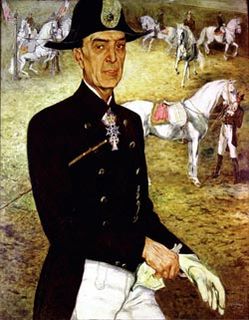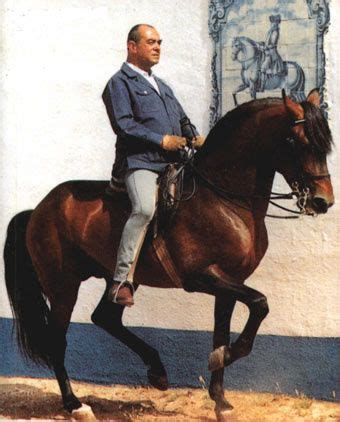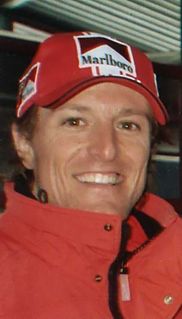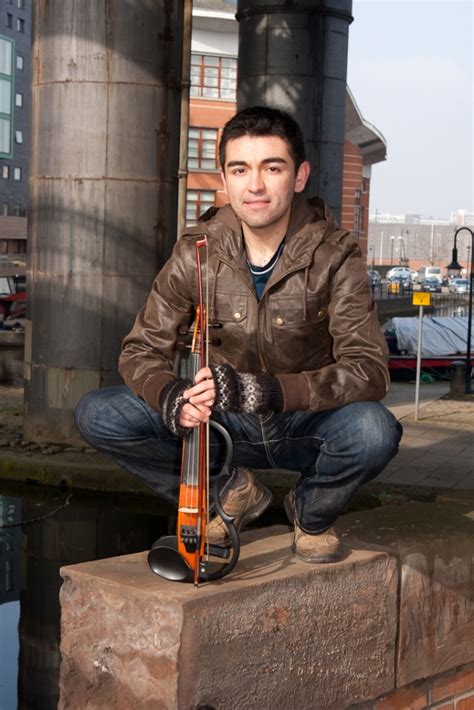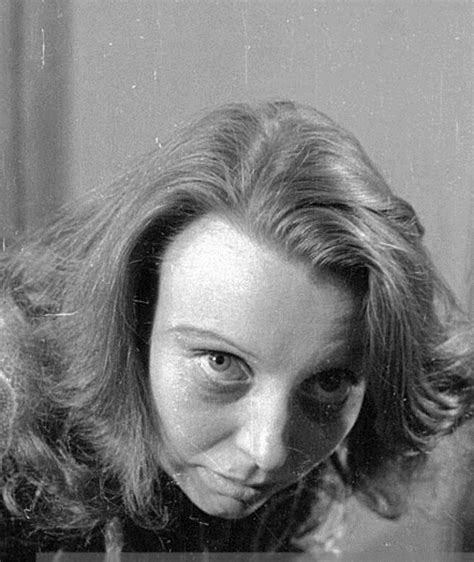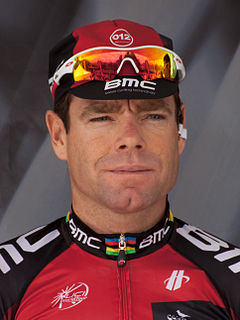A Quote by Alois Podhajsky
Whenever difficulties appear, the rider must ask himself: does the horse not want execute my demands, does he not understand what I want, or is he physically unable to carry them out? The rider's conscience must find the answer.
Related Quotes
[There, in War Horse] very little CGI. What happened there - because the horse was running very close to the trench, we had a rider. So in few instances, we had a rider dressed in a green suit. The rider would guide the horse through the frame, and through CGI [we removed] the rider. But that's about it.
One might compare the relation of the ego to the id with that between a rider and his horse. The horse provides the locomotor energy, and the rider has the prerogative of determining the goal and of guiding the movements of his powerful mount towards it. But all too often in the relations between the ego and the id we find a picture of the less ideal situation in which the rider is obliged to guide his horse in the direction in which it itself wants to go.
What does Macbeth want? What does Shakespeare want? What does Othello want? What does James want? What does Arthur Miller want when he wrote? Those things you incorporate and create in the character, and then you step back and you create it. It always must begin with the point of truth within yourself.
As I see it, I'm just getting better and better as a rider - physically and mentally. I'm as motivated as I ever was. I enjoy it as much as I ever did. When you're a good rider on a good day, the bike doesn't rattle and bounce. You're smooth. Even if it's rough you can find a way to make the bike float.
